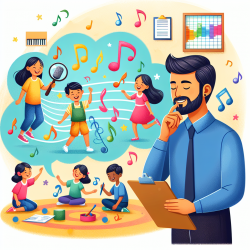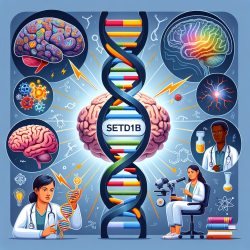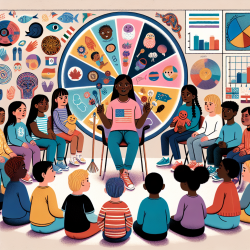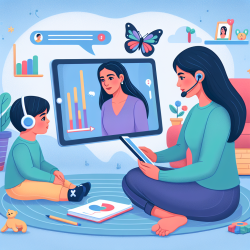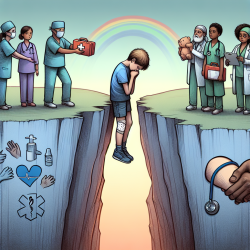As a practitioner dedicated to improving the lives of children with voice disorders, it's essential to stay updated with the latest research and methodologies. One pivotal study in this area is Daniel R. Boone's "Voice Therapy for Children." This comprehensive paper delves into the causes of voice disorders in children and outlines effective therapy approaches.
Understanding Voice Disorders in Children
Most voice disorders in children stem from vocal abuse and misuse. Common behaviors include yelling, speaking loudly, and using inappropriate pitch levels. These actions can lead to conditions like dysphonia, vocal fold thickening, nodules, and polyps. Identifying and addressing these issues early is crucial for effective treatment.
Identification and Referral
Children with persistent dysphonia should be referred for a medical laryngeal evaluation. Speech pathologists play a vital role in identifying these children through school voice screening programs. Boone suggests that any child with dysphonia lasting more than seven days should be referred for further medical evaluation.
Implementing Voice Screening Programs
Voice screening programs can be easily integrated into existing speech and language screenings. Boone provides a screening form that evaluates four key variables: pitch, phonation quality, loudness, and resonance quality. Each variable is rated on a nine-point scale, helping clinicians identify children who may need further evaluation and therapy.
Addressing Hyperfunctional Voice Disorders
Hyperfunctional voice disorders, caused by vocal abuse, are highly responsive to voice therapy. Techniques focus on eliminating abusive vocal behaviors and reducing excessive muscular force. Boone emphasizes the importance of individualized therapy, as each child's voice issues are unique.
Effective Therapy Approaches
Boone outlines several facilitating approaches for voice therapy, including:
- Altering tongue position
- Changing loudness
- Chewing approach
- Digital manipulation
- Elimination of abusive behaviors
These techniques help children develop their best voice by addressing specific vocal issues.
Challenges with Younger Children
Voice therapy with preschool children can be challenging. Instead, the focus should be on identifying abusive vocal behaviors and counseling parents and children on reducing these behaviors. Success at this stage often depends on effective counseling and early intervention.
Working with School-Aged Children
School-aged children (6-12 years) are more receptive to voice therapy. Clinicians should isolate situations where vocal abuse occurs and work with the child to reduce these behaviors. Boone's "yelling chart" is an excellent tool for tracking progress and encouraging self-awareness.
Considerations for Adolescents
Adolescents going through puberty experience rapid changes in their vocal mechanisms, making voice therapy less effective during this period. It's better to wait until their voices stabilize before starting therapy.
Conclusion
Voice therapy for children is often successful in identifying and reducing abusive vocal behaviors. By using various facilitating approaches, clinicians can help each child find and develop their best voice. For more detailed information and insights, practitioners are encouraged to read the original research paper.
To read the original research paper, please follow this link: Voice Therapy for Children.
